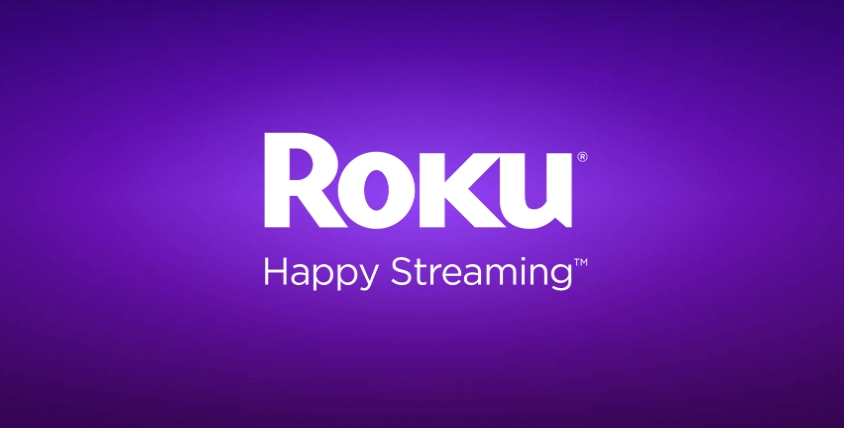Asian stocks slump on growth concerns; Nikkei hits 6-mth low in post-BOJ rout

Investing.com-- Asian stocks fell sharply on Friday, tracking an overnight rout on Wall Street on concerns over slowing economic growth, with a rout in Japanese markets deepening after the Bank of Japan struck a hawkish chord this week.
Weak U.S. purchasing managers index and labor market data ramped up concerns over a slowdown in the world’s biggest economy, and that a September interest rate cut by the Federal Reserve could be potentially too late for the economy to achieve a soft landing.
Weak earnings from majors such as Intel Corporation (NASDAQ:INTC) and Amazon.com Inc (NASDAQ:AMZN) also dented sentiment, largely offsetting a positive print from Apple Inc (NASDAQ:AAPL). U.S. stock index futures fell sharply in Asian trade, with focus now turning to upcoming nonfarm payrolls data for more economic cues.
Nikkei hits 6-mth low in wake of hawkish BOJ
Japanese markets were by far the worst performers among their Asian peers, with the Nikkei 225 index down nearly 5% to its weakest level since early-February. The broader TOPIX index shed 4.2%.
Japanese stocks were already nursing sharp losses from Thursday, after the BOJ struck an unexpectedly hawkish tone during its end-July meeting.
The central bank hiked rates by 15 basis points and said it planned to raise rates further this year- presenting a clear end to the stimulative policies that boosted Japanese markets over the past year.
A spike in the yen- on safe haven demand and on a hawkish BOJ- also weighed on Japanese stocks, particularly those with exposure to exports.
Toyota Motor Corp (NYSE:TM) (TYO:7203)- one of the biggest stocks on the Nikkei- fell 3.1% after its June quarter earnings slightly missed estimates, while the automaker also flagged slowing demand.
Asian markets walloped by growth concerns
Broader Asian markets all retreated, as risk appetite was battered by growing concerns over a global economic slowdown. Mixed technology earnings from the U.S. also sparked an extended rout in the sector.
South Korea’s KOSPI slid 3.3% on deep losses in heavyweight chipmakers, following dismal earnings from Intel. Before that, chip designer Arm Holdings (NASDAQ:ARM) had also clocked underwhelming earnings as artificial intelligence appeared to be providing only a limited boost.
Hong Kong’s Hang Seng index fell 2.1% on losses in major Chinese internet stocks.
Australia’s ASX 200 index slid 2.4%, as mining stocks tracked deep losses in commodity prices, while concerns over slowing growth in China also weighed.
But Chinese markets logged relatively lower losses than their regional peers, given that they were already trading at five-month lows.
The Shanghai Shenzhen CSI 300 and Shanghai Composite indexes fell 0.7% and 0.5%, respectively, and were at their weakest levels since mid-February. Sentiment towards China remained weak following scant cues on stimulus from Beijing and a slew of weak PMI readings for July.
Futures for India’s Nifty 50 index pointed to a weak open, with the index set for a heavy degree of profit-taking after notching a record high above 25,000 points on Thursday.








